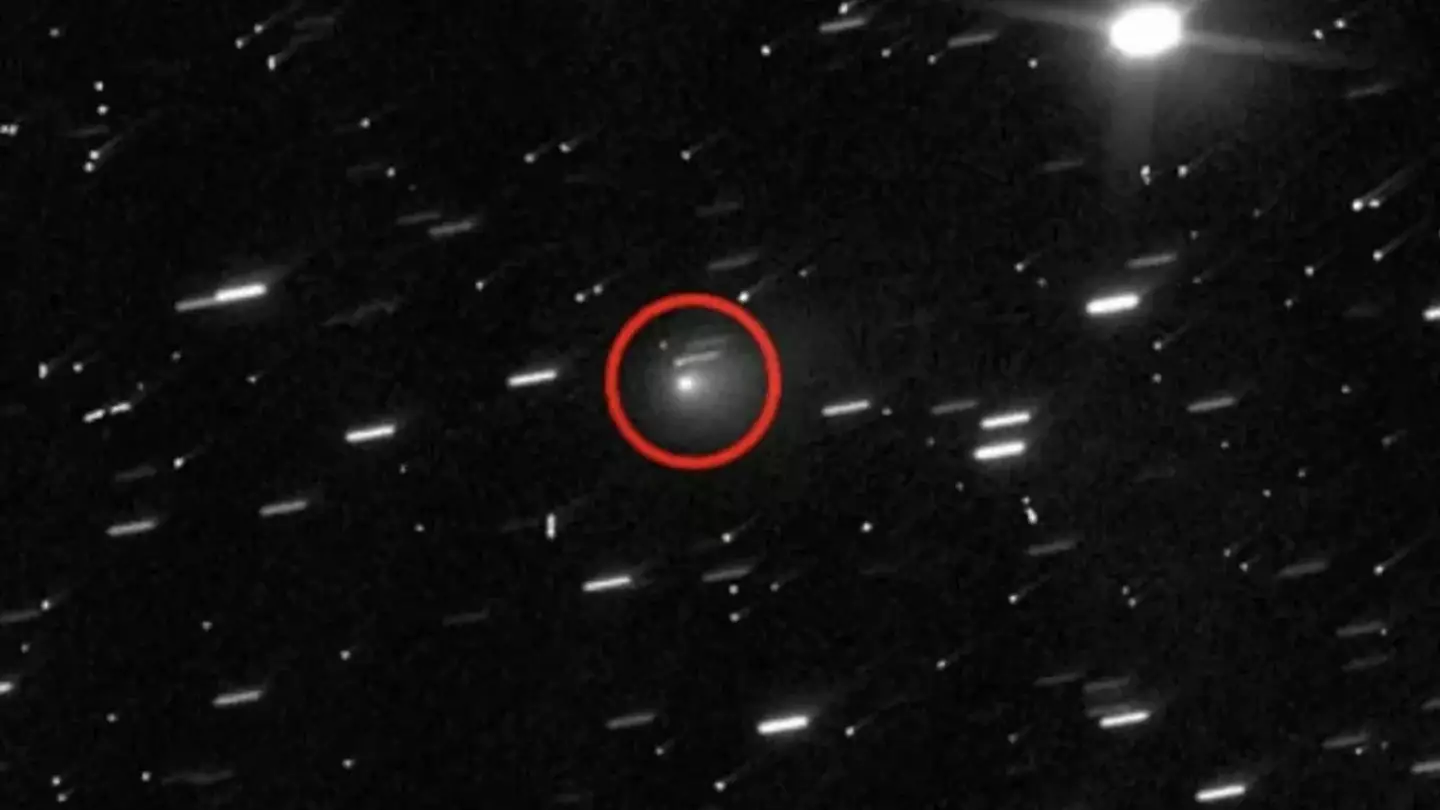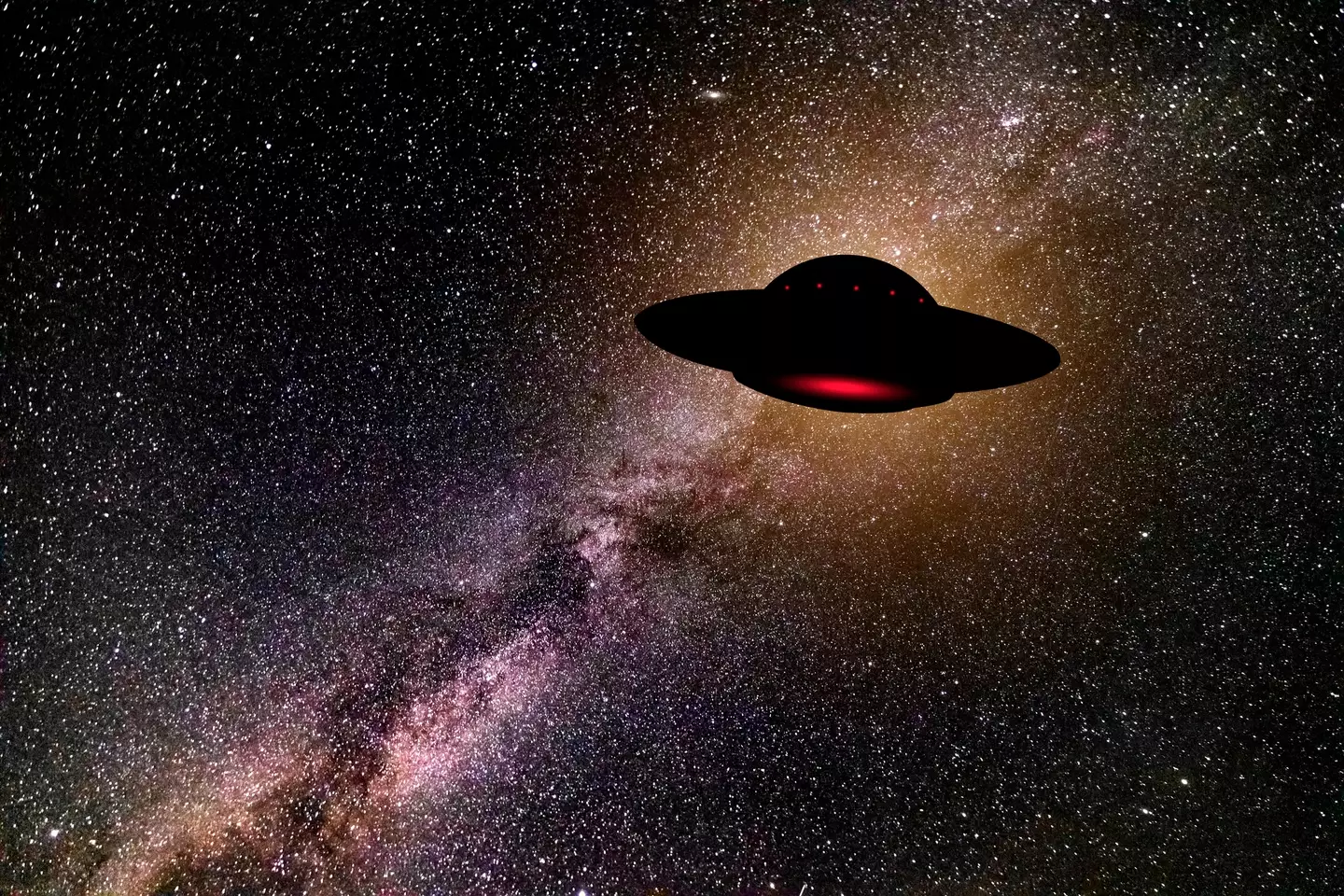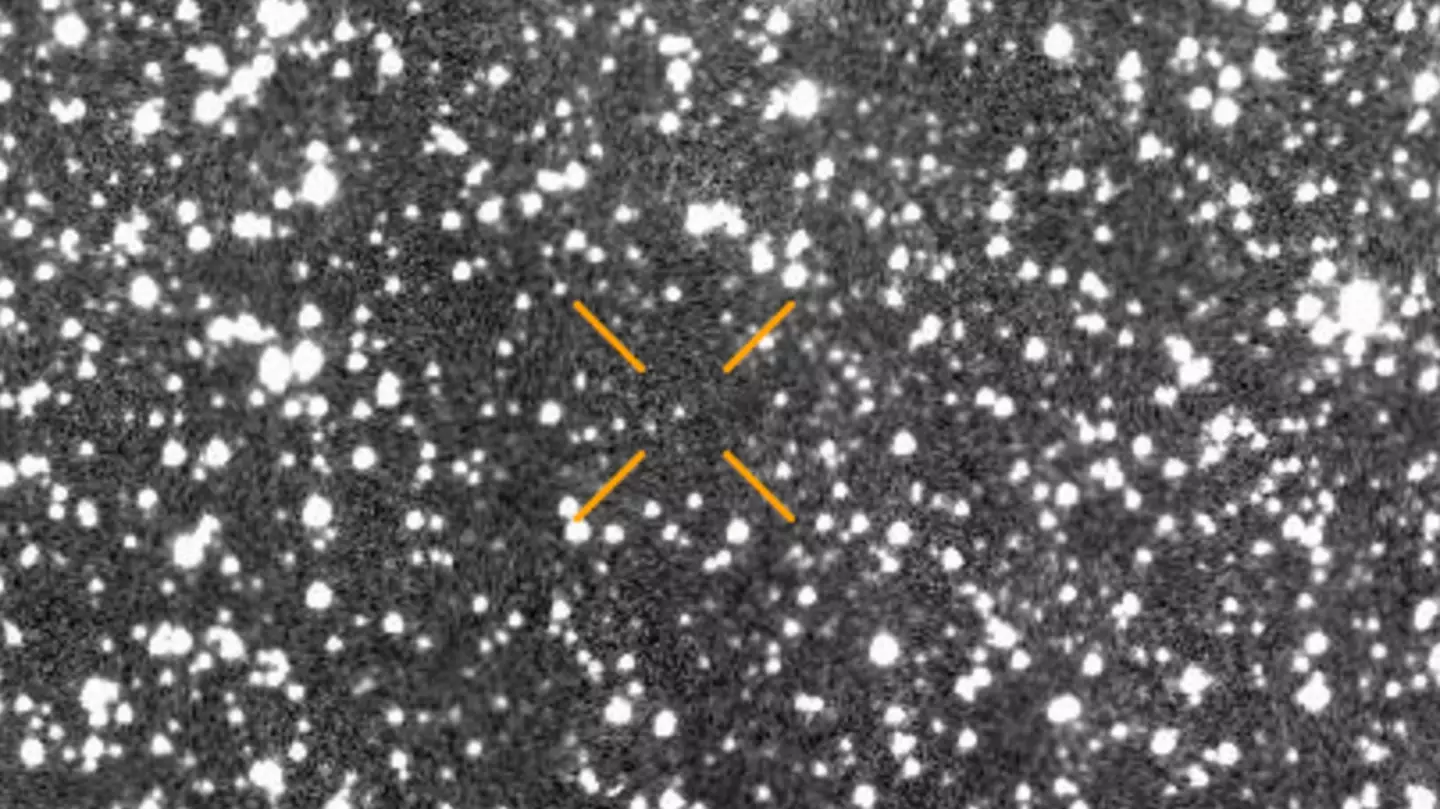
Harvard scientist Avi Loeb has proposed that researchers send a six-word message to a mysterious space object called 3I/ATLAS while we still have a chance.
Loeb has been vocal about doing further research on 3I/ATLAS since it was first reported by the NASA-funded ATLAS survey telescope in Rio Hurtado, Chile on July 1, 2025.
NASA has classified the object as a comet, but physicist Loeb has claimed that while images from the Hubble Space Telescope show 'a glow ahead of the object', he argued there is 'no prominent cometary tail behind it'.
As a result, Loeb has suggested the object is more likely to be engineered than a natural space object.
Advert
In a recent Medium post, the scientist suggested the object could contain alien technology, and in a new interview with the MailOnline he shared the message he believes we should send to the object, just in case.

3I/ATLAS is set to reach its closest point to the Sun on October 29, 2025, though Loeb has warned that it could reach Earth 'by Christmas'.
He told the MailOnline: "A visitor to our backyard, like 3I/ATLAS, can easily enter our home planet, Earth, within a travel time of less than a few months."
With distance still a factor, Loeb suggested reaching out to the object through the 'only' means possible.
He explained: "The only way to reach it now is with a beam of light."
As for the message he wants to send? Loeb suggested: "Hello, welcome to our neighborhood. Peace!"
On the off chance the object does contain alien life, I suppose it wouldn't hurt to make a friendly first impression.
On his blog, Loeb explained how establishing communication with an alien species could be the first step in a longer relationship.

He wrote: "In order to develop admiration for a superior intelligence, humans must develop some form of communication which translates into a dependent relationship, which offers benefits of help by superhuman abilities.
"Having no communication at all with a stranger would trigger a transactional response to ambiguous actions without an understanding of the underlying purpose or meaning of these actions."
If we were to succeed in establishing a link with the object, Loeb said we would need to 'develop a common language for communication'.
"Our side of the communication channel can be assisted by our most advanced artificial intelligence systems to decode the messages we receive," the scientist suggested, though he warned: "As anyone who went on a blind date knows, exchanging text messages could be a very different experience than an actual encounter 'in person'.''
Topics: Space, NASA, Technology